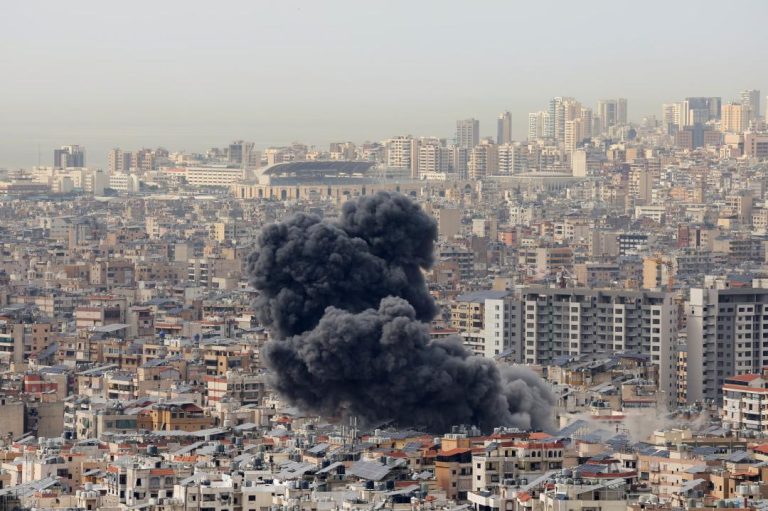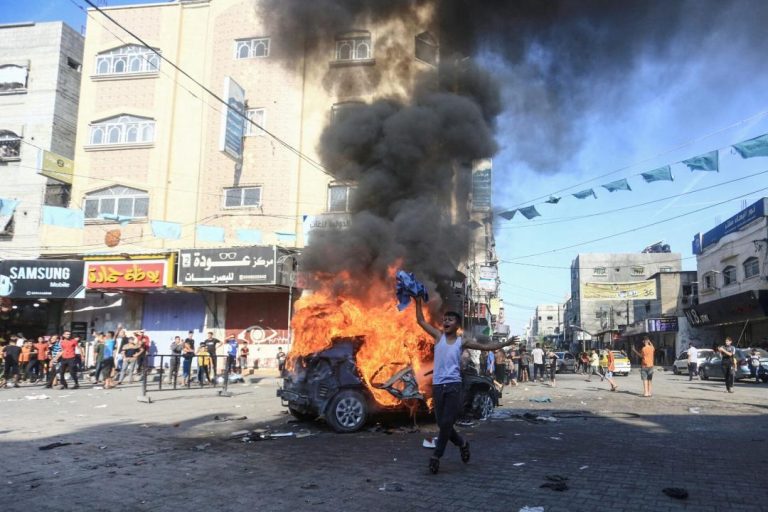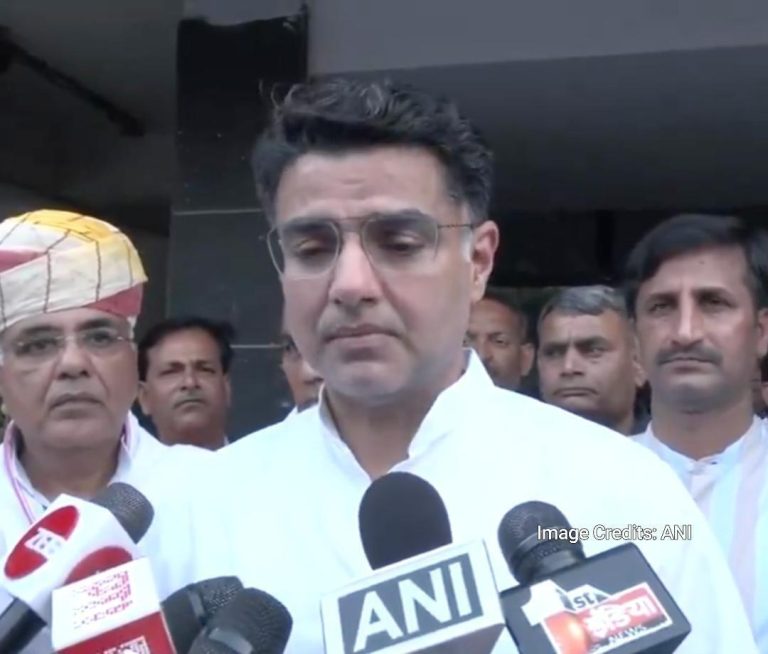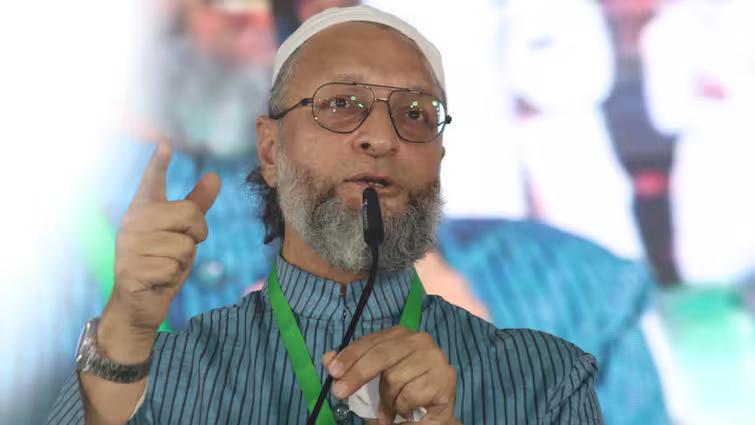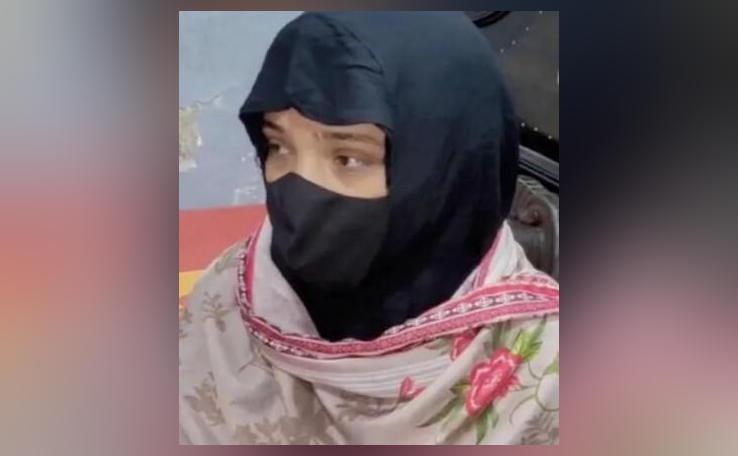
UP Woman Stopped at Attari Border While Trying to Return to Husband in Pakistan
In the aftermath of the recent Pahalgam terror attack, the Indian government has taken a series of measures to strengthen security and safeguard its citizens. One such measure includes ordering Pakistani nationals to leave the country. However, a recent incident at the Attari-Wagah border has raised questions about the treatment of Indian citizens with Pakistani spouses and children.
According to reports, a woman from Uttar Pradesh was stopped at the Attari-Wagah border while attempting to return to her husband in Pakistan. The woman, who was traveling with her two young children, was prevented from crossing the border despite having an Indian passport. The reason given for her detention was that her children, aged three and one, held Pakistani passports.
The woman, who was identified as a resident of Amroha district in Uttar Pradesh, had been living in Pakistan with her husband and children for several years. However, following the Pahalgam terror attack, the Pakistani authorities allegedly threatened her husband’s life, forcing the family to flee back to India.
The woman, who was stopped at the border, was sent back to Uttar Pradesh and asked to wait for fresh government orders. The exact reason behind the government’s decision to detain her and her children is unclear, but sources suggest that the authorities are concerned about the potential security risks associated with Indian citizens with Pakistani spouses and children.
The incident has raised several questions about the treatment of Indian citizens with Pakistani spouses and children. While the government’s decision to order Pakistani nationals to leave the country may be seen as a security measure, it is unclear what this means for Indian citizens who have married Pakistani nationals or have children with Pakistani citizenship.
The Pahalgam terror attack, which left several people dead and injured, has raised concerns about the rise of terrorism in the region. The attack, which was carried out by suspected Jaish-e-Mohammed (JeM) terrorists, has led to increased tensions between India and Pakistan. The Indian government has accused Pakistan of supporting terrorist groups and has called for action against these groups.
In the wake of the attack, the Indian government has taken several measures to strengthen security and prevent similar incidents in the future. The government has ordered Pakistani nationals to leave the country and has increased the deployment of security forces along the border. The government has also issued a statement condemning the attack and calling for international cooperation to combat terrorism.
The incident at the Attari-Wagah border has raised concerns about the treatment of Indian citizens with Pakistani spouses and children. While the government’s decision to order Pakistani nationals to leave the country may be seen as a security measure, it is unclear what this means for Indian citizens who have married Pakistani nationals or have children with Pakistani citizenship.
In recent years, there have been several cases of Indian citizens with Pakistani spouses and children being detained or deported from India. These cases have raised concerns about the treatment of Indian citizens with Pakistani spouses and children and have highlighted the need for a more nuanced approach to dealing with these issues.
The incident at the Attari-Wagah border is a stark reminder of the complexities of the India-Pakistan relationship and the challenges that come with it. While the government’s decision to order Pakistani nationals to leave the country may be seen as a security measure, it is unclear what this means for Indian citizens who have married Pakistani nationals or have children with Pakistani citizenship.
In conclusion, the incident at the Attari-Wagah border highlights the need for a more nuanced approach to dealing with Indian citizens with Pakistani spouses and children. The government must take into account the complexities of these cases and ensure that the rights of Indian citizens are protected while also addressing security concerns.
